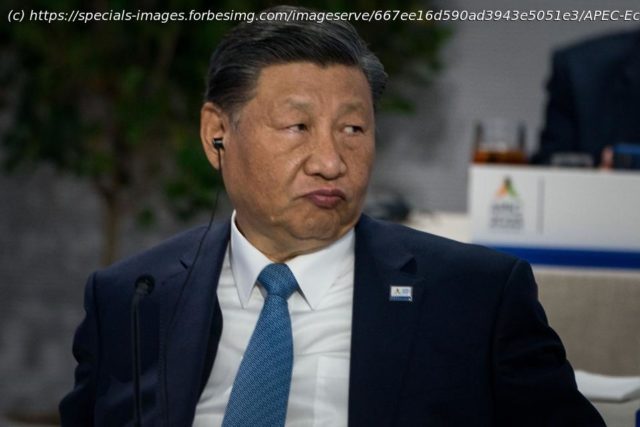Though Beijing seems to have at last become serious addressing China’s economic problems, the results so far say: “too little, too late.”
China’s economic prospects still look bleak. Some people, most especially the authorities in Beijing, expected the recent efforts at economic stimulus to bear fruit quickly, in particular a large dedication of public funds to bolster the housing market and begin to remedy the country’s long-running property crisis. Perhaps in time improvements will emerge, but figures and commentary in May suggest no good news has emerged yet and maybe not for a long time.
Property has been at the epicenter of China’s economic troubles since 2021 and is the focus of Beijing’s latest stimulus efforts. The authorities, after foolishly ignoring the sector’s problems for years, began to take notice late last year. They have advanced a program designed to remove the weight of excess housing on real estate values and encourage more household interest in buying. Some of this program involved interest rate cuts by the People’s Bank of China (PBOC), although the bank so far has been less than responsive. More dramatically, Beijing has removed the long-standing interest rate minimums on mortgages and made special provisions for Chinese banks to lend more to homebuyers. Most dramatic of all, the government has used central government credit to raise some 1 trillion yuan (about $140 billion) to buy up vacant properties.






